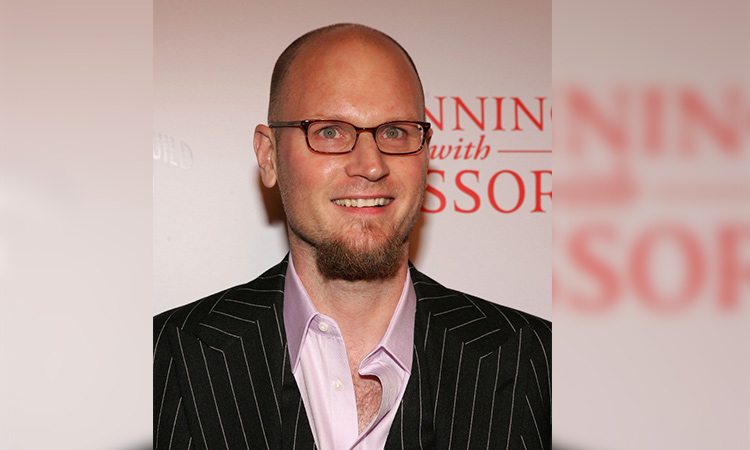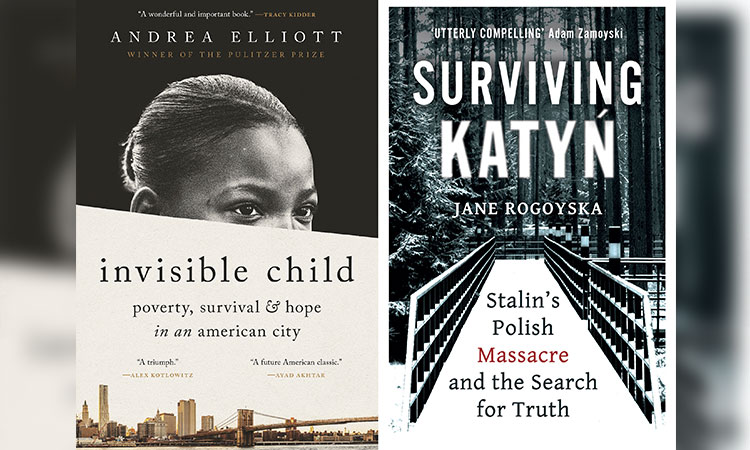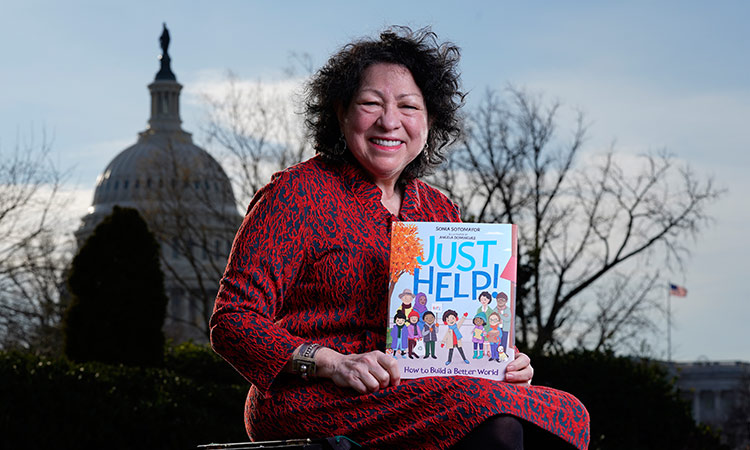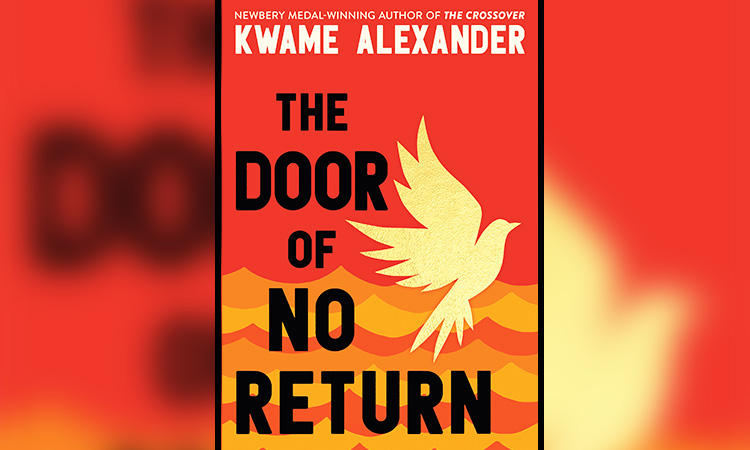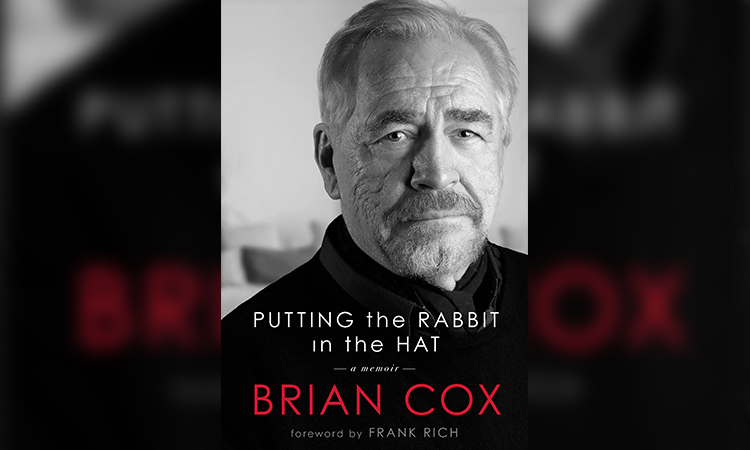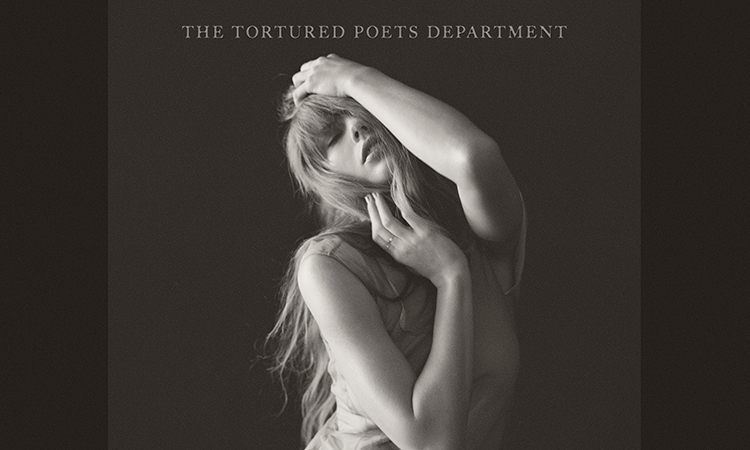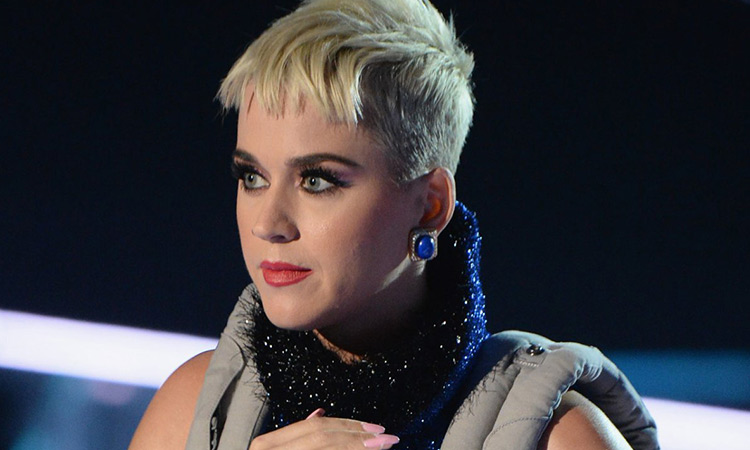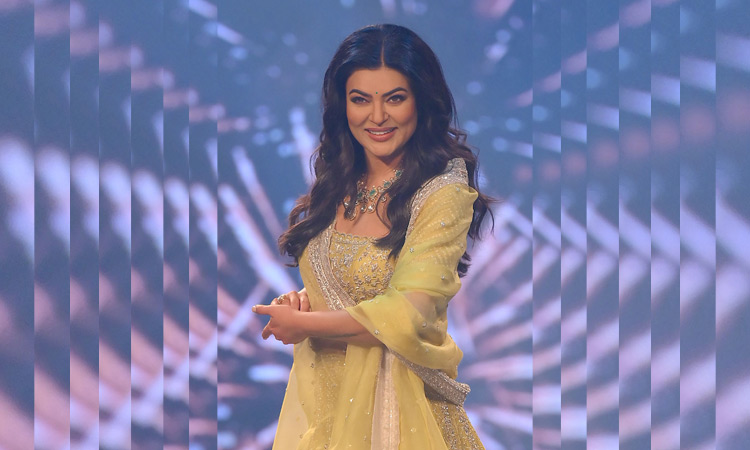‘Toil & Trouble,’ by Augusten Burroughs
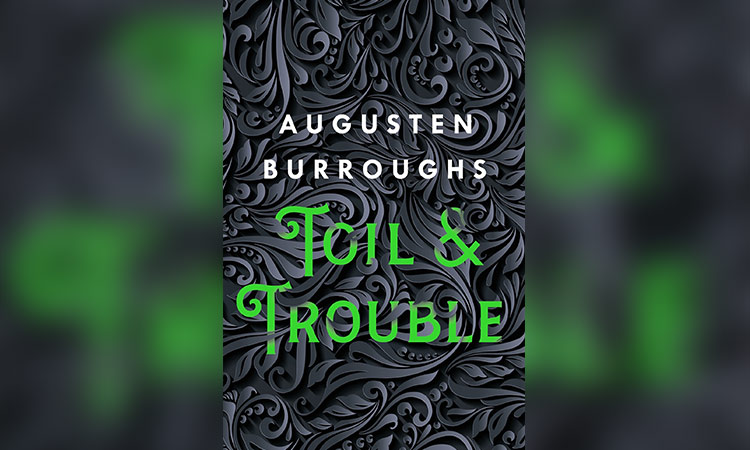
"Toil & Trouble" by Augusten Burroughs. TNS
It’s called “Toil & Trouble” but “Bait & Switch” is more like it. Despite a title that references the cauldron speech in “Macbeth,” a pre-Halloween release date and marketing that positions it as the book in which Augusten Burroughs comes out as a witch, “Toil & Trouble” is just barely about witching.
Mostly, the memoirist writes about moving, with husband Christopher Schelling, from their Manhattan apartments into a Connecticut mansion that needs a lot of work. There are occasional flashbacks to Burroughs’ moneymaker, the estranged, mentally ill mother who was the star of his blockbuster, “Running With Scissors.” And there are quite a few events this skeptic would call “premonitions” but that Burroughs writes are actually the result of a gift he has known he had since childhood (his mother had it, too).
Whatever you want to call the small revenges against enemies and covert attempts to convince her husband to move, they make for an uneventful but amusing book that carves out territory somewhere in between Burroughs’ painful early memoirs and the humorous, domestic essays of David Sedaris.
Raised by his mother's analyst, who fed him on dog food, he survived to produce two hugely successful books, now made into a film.
"Sometimes the family you're born with isn't the family you live with," Augusten Burroughs tells me. "Sometimes you have to cobble together your family from the scraps along the way." Burroughs should know. He survived the most dysfunctional childhood imaginable to become a literary phenomenon.
His volumes of memoir, Running with Scissors and Dry, topped The New York Times best-seller list. To date, he has sold two million copies and has a huge fanbase in Britain. A Hollywood film based on his childhood, starring Annette Bening and Gwyneth Paltrow, opened on Friday.
Augusten Burroughs arrives at the world premiere of Tristar Picture's "Running With Scissors."
Burroughs grew up in Massachusetts in the 1970s. His father was an alcoholic, his mother a manic-depressive poet. When he was 12, she decided it would be best for him to be adopted by her psychiatrist, Dr Finch. Augusten found himself in a chaotic Addams Family-style home in which there were no rules and no school. The Finches ate dog food, consumed Valium like candy and reverentially treated the turds in the toilet bowl as "messengers from heaven".
All this is told with huge, bawdy irreverence in Running with Scissors. But there was a dark side, too. Under Dr Finch's treatment, his mother suffered psychotic episodes. Meanwhile the doctor's 34-year-old adopted son, Neil Bookman, openly began a sexual relationship with Burroughs. Finally he ran away to New York aged 17, changed his name from Chris Robison to Augusten Burroughs and got a job in advertising. In 2002 he published Running with Scissors, which was an overnight success.
What makes his writing so extraordinary is that, unlike other successful chroniclers of misery lit, Burroughs has no time for self-pity. "From early on, I learned to look at a situation and find out what was funny about it. It's almost like a mental game."
Today he sees the Finch household as a semi-cult. But Running with Scissors is not a hatchet job. All the characters have real charm, from the monstrous Dr Finch to Augusten's hilariously selfish mother. But he is quick to point out that there is nothing funny about mental illness. "If you've ever lived with someone who is mentally ill, it is all in the eyes. They're not there. That's what Annette nails so brilliantly in the film."
Today Burroughs seems remarkably sane. Even the fact that Running with Scissors is the subject of an ongoing lawsuit fails to dampen his spirits. He lives with his partner, Dennis, who is now his manager, with their two French bulldogs in a country mansion in Massachusetts.
But the legacy of his toxic childhood persists. He suffers from obsessive compulsive tendency. And the battle to feel lovable is ongoing. "I can't imagine what it's like to have parents who are actively engaged in your life, and interested and supportive."
Running with Scissors ends on a note of reconciliation. His mother breaks with Dr Finch, his father has stopped drinking, Augusten has a top job working as a copywriter. But the story doesn't end there. For 11 years Burroughs was an alcoholic. In Dry he recounts how he once filled 27 industrial sacks with empty whisky bottles from his apartment. At 30 he was sent to rehab and underwent intense therapy and had to recover repressed memories.
Dry is a remarkable book: laugh-out-loud funny, but also profound. Through therapy he comes to see Bookman as a paedophile, not a glamorous ex-lover. He tells me: "I always thought that because I was a willing participant, it was not sexual abuse. But as I got older, so many problems came up, such as an inability to be intimate with people and to maintain friendships, that I was able to trace back a trail of psychological evidence to him."
